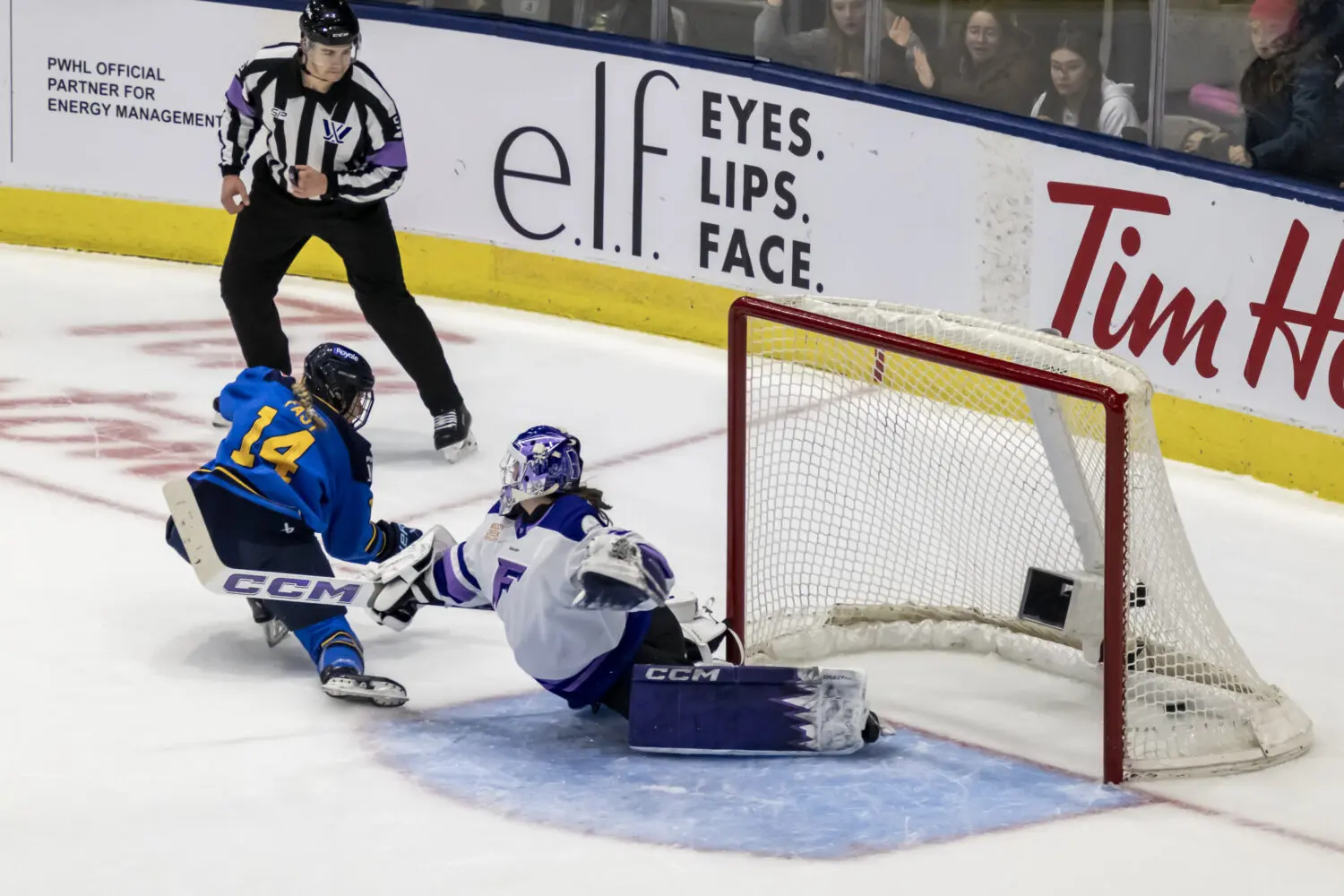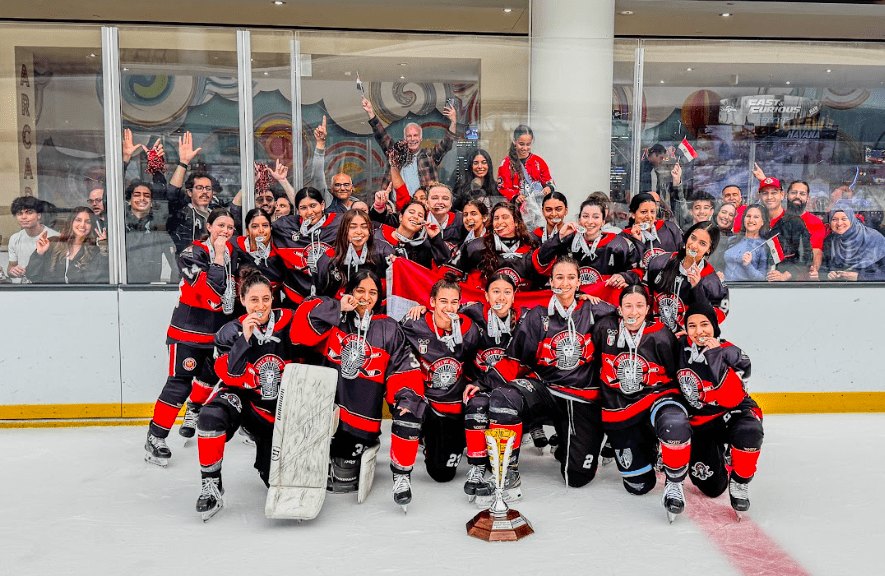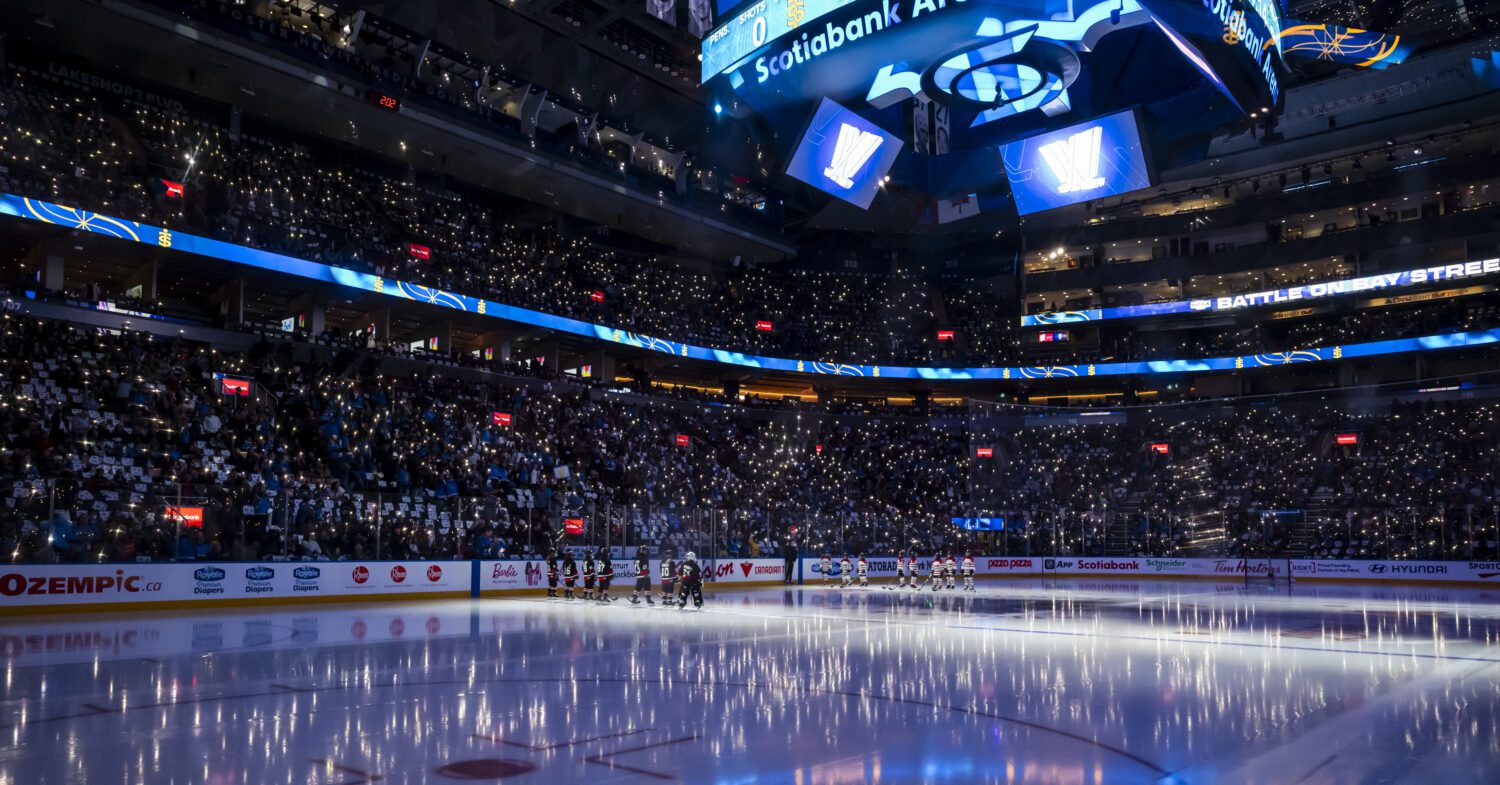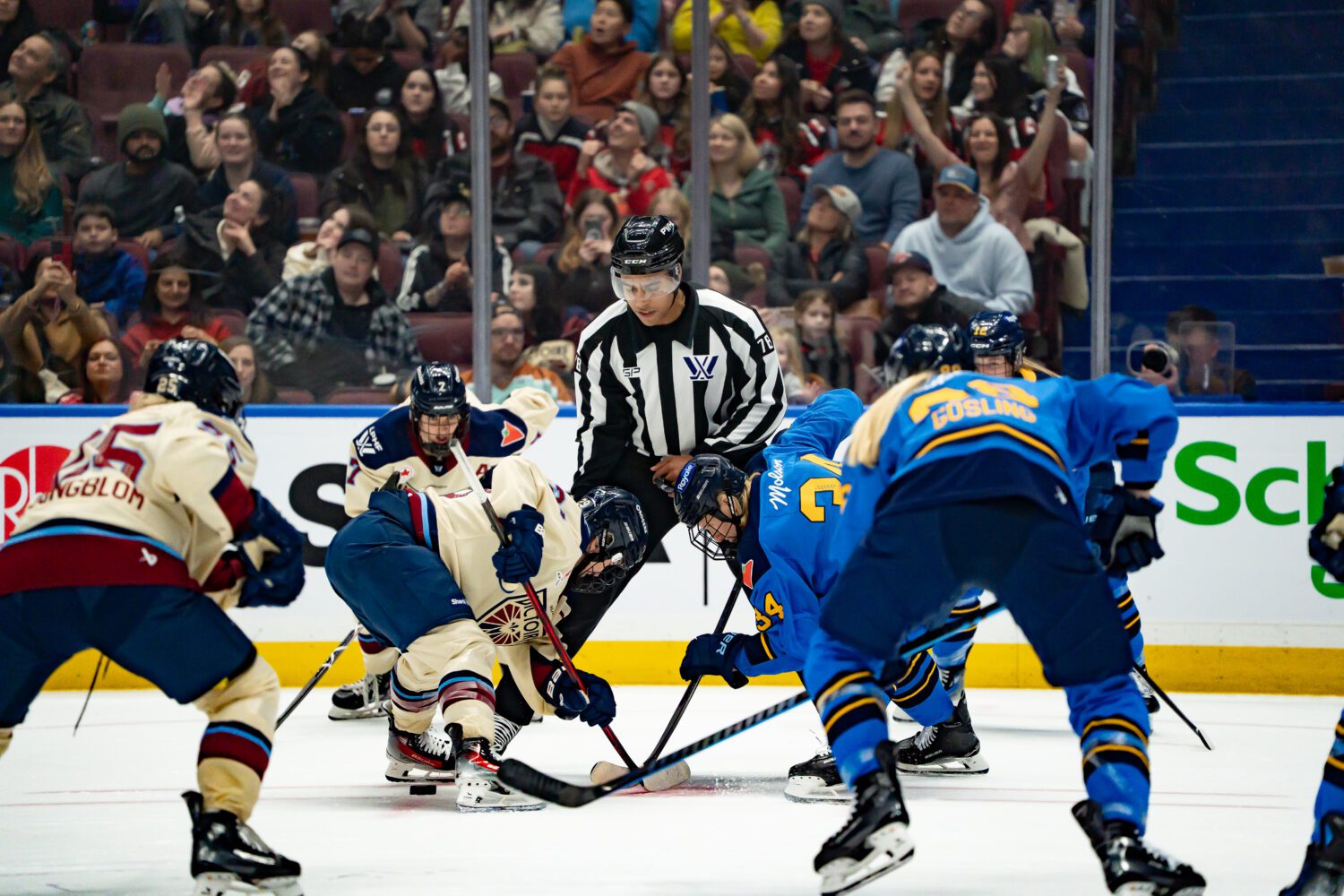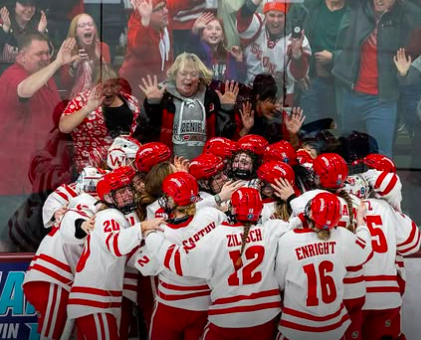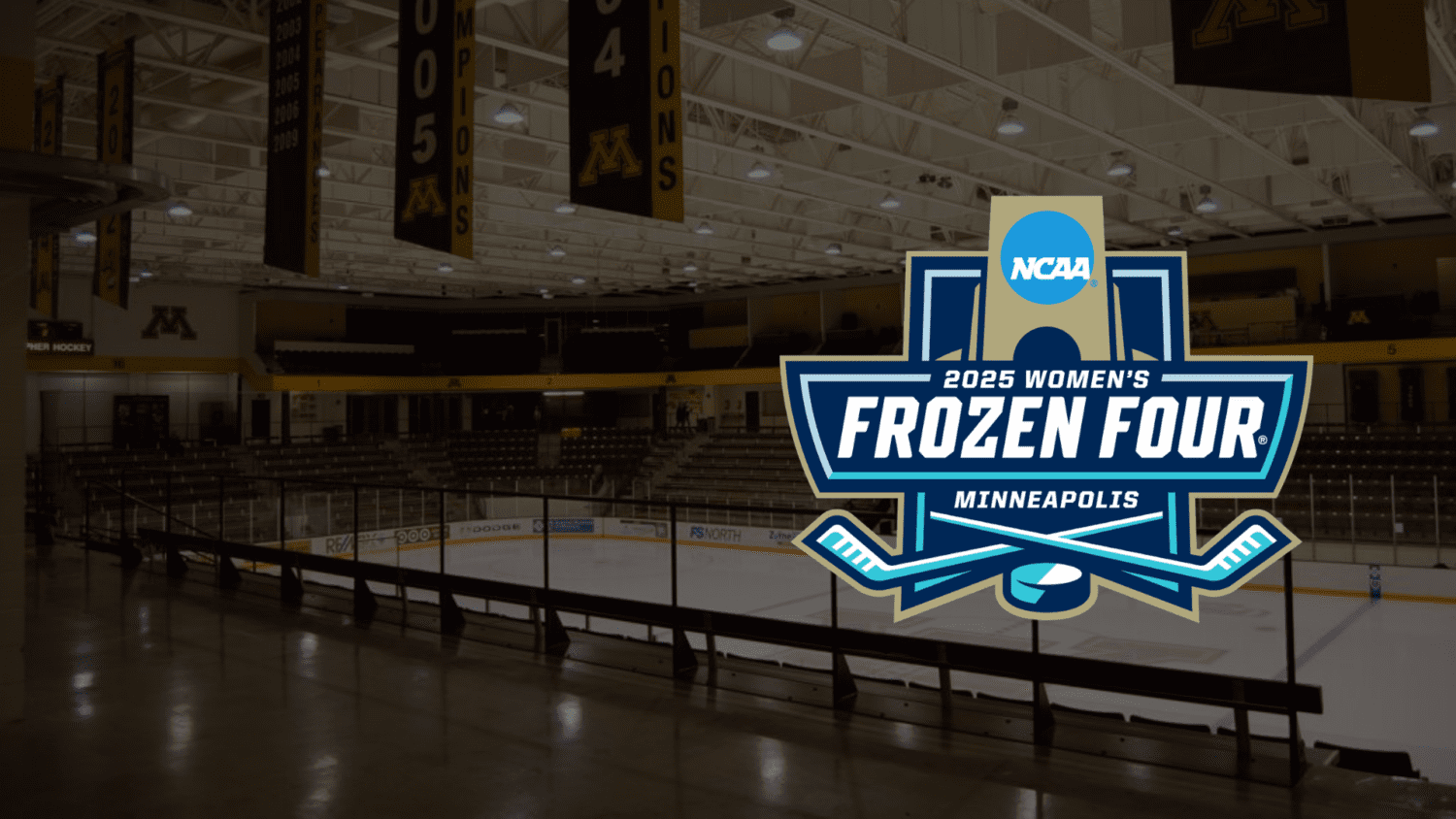Being a goaltender puts you into an exclusive club with your fellow puckstoppers. There aren’t many people who voluntarily choose to stand in one place while others fire semi-frozen rubber discs at their heads. Goaltenders are expected to be the backbone of a hockey team — solid in their play, even-keeled in their demeanour, and always the picture of calm and confidence.
In my experience, I became a better goaltender as I matured as a person. Those two aspects of my life had very parallel trajectories. So, my fellow puckstoppers, because we are all part of the exclusive “like to get hit in the head with rubber bullets” club, here are some reflections of what I wish I’d known throughout my 15+ years and counting of being a goaltender. These will hopefully help some of you as you navigate this challenging, rewarding, and beautiful position in hockey:
No one save, game, or moment is bigger than any other
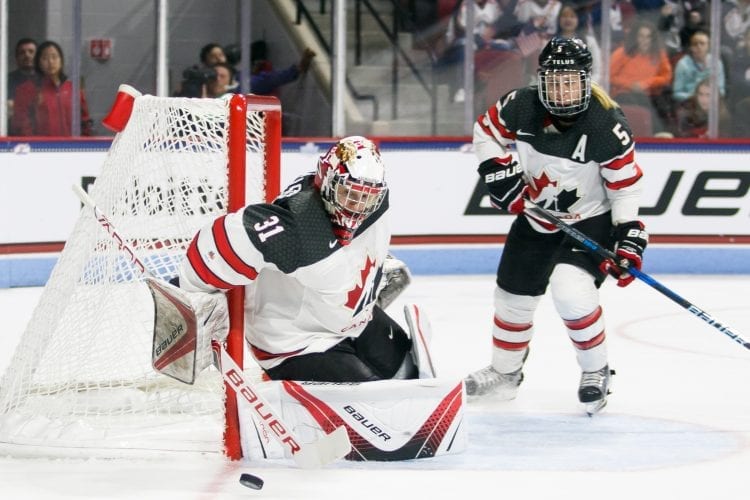
Calling it a “save of the game” or “turning point of the game” is a media necessity to drum up theatrics. Most goaltenders will tell you that the most important save is the next one they need to make. Sure, some saves are more impactful than others. Would you rather give up a goal in the first period or late in the 3rd? Would you rather make a save in a tie game or in a blowout? But, at the end of the day, your job is to make saves.
Magnifying a moment or a game will only add more pressure to an already pressure-filled position. If you approach every game and every moment, be it the first game of the season or the championship final, with the same mentality and same preparation, you will have a better chance of not being overwhelmed by the moment.
Being a goalie doesn’t make you bigger, better, or more important than anyone else on the team
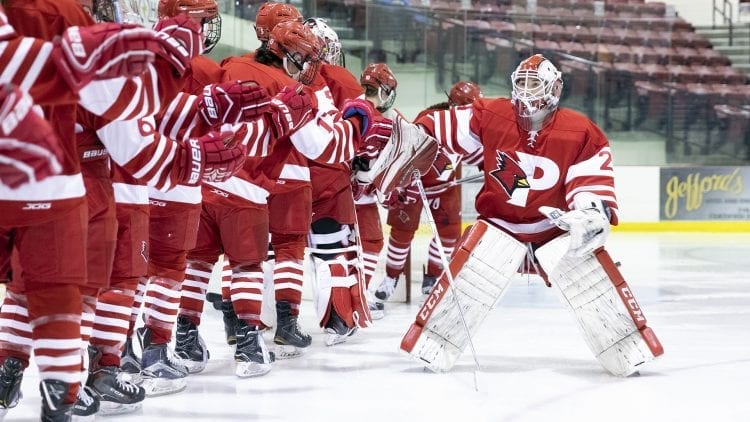
As embarrassing as this one is to admit, early on in my career, I had slight delusions of grandeur around my status as the team’s goaltender. In fairness, I was 15 years old — an age where most teens think they have it all figured out. That, combined with the fact that I was very fortunate to garner praise often from both teammates and opponents and their families made me a little too big for my own boots (or skates) for a few years. What I quickly realized is that the most successful teams I played on were the ones where the coach treated the rookies and 4th liners the same way he treated the captain and highest scorers.
When the puck is at the other end of the ice, the goalie has no control over what will happen. You have to rely on your team to get their job done the same way they have to rely on you to stop pucks. It means that the team is as strong as the sum of all its parts and not as strong as any one position or player.
It’s ok to be outshone by the goalie at the other end
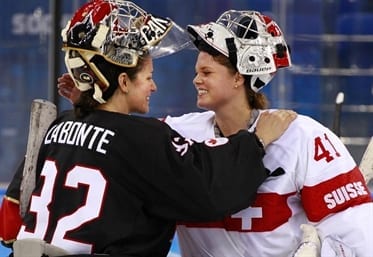
Much like my last point, this one might be coming from a place of ego and immaturity in my early years, but I remember it always being challenging for me when my team was in full control of a game. I’d be standing in my net watching as my team peppered the opposition’s goalie with shot after shot, all the while I’d be doing laps and stretching in my net at every whistle just to stay loose.
Often times, the goalie at the other end would be standing on her head, making incredible, highlight reel saves. The crowds would “ooh” and “aah”, the goalies would get standing ovations and taps on the pads from their teammates and sometimes, even from my teammates.
I was so hungry to prove myself in those early days, that I could never take a step back and appreciate the performance that was just put on by my fellow goalies.
As I’ve matured, I’ve realized that it doesn’t matter whether you make five saves or 50 saves. They all count for the same. They all matter. So focus on making the saves you have to make, and don’t be afraid to tap your stick on the ice after your opponent makes a great save of her own. At the end of the day, we’re all here to showcase what we can do as a collective, so a great play by anyone is a great play for us all.
Find your zen
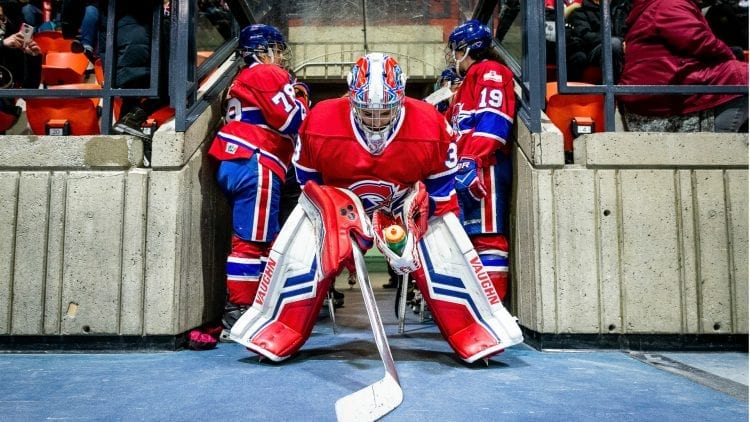
The most pressure-packed game I ever played in was the championship final of a national ball hockey tournament in Calgary, Alberta. I was 21 years old and this was my first tournament at that level of play. The final game went into a shootout. I remember closing my eyes and thinking only of the task at hand. I visualized myself making every save and took deep breaths until my heart stopped pounding out of my chest. Looking over at the bench where my teammates stood with hopeful looks on their faces, I remember thinking, “you’ve got this. We’ve got this.”
We won the shootout and the ensuing celebration was an eruption of emotions and hooting and hollering from our team and our fans. After the game, my dad asked me how I stayed focused during the shootout.
“It was really quiet in the arena,” I said, “so that helped.”
“It was NOT quiet,” my dad said with a laugh. “Did you not hear the cowbells and horns? There was even a “Jiwa sucks” chant at one point.”
Ironically, I had not heard a single thing. It had been so quiet inside my own head, that I might as well have been alone in that arena. That’s the zen that goalies need to find. It’s a valuable skill to find the peace and calm amidst the storm and chaos, and it will serve you well in hockey and in life.
I can’t be the only one with life lessons to impart. I want to hear from you, my fellow goalies. What lessons have you learned throughout your careers that you’d like to pass on to the next generation?
Want to write about what you’ve learned throughout your hockey career?
[adrotate group=”1″]
Related Articles
Categories
Recent Posts
[adrotate group=”2″]

